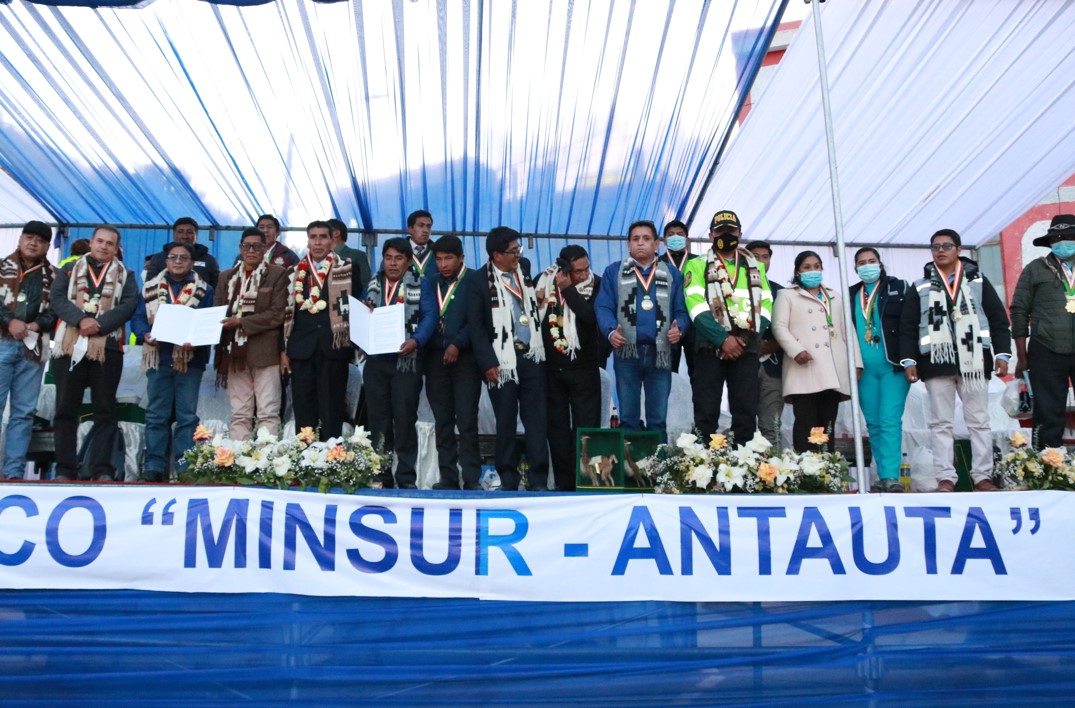
Minsur’s Framework agreement with Antauta and Ajoyani district, and a new transforming dialogue-based approach for concerted local development
Within a very complex context for the mining industry in the country, characterized by high levels of tension and conflict, Minsur had the challenge to implement a new dialogue and engagement strategy that could change relationships between the company, community and the government, and the way they reach agreements.
The objective was focusing the dialogue and negotiation processes on building a shared vision of local development, for the long-term, instead of closing immediate deals based on a transactional or philanthropic approach. In other words, focusing efforts on defining what we want to achieve together, what is the common goal or commitment and how we are going to make it happen.
The route to achieve this has not been an easy one, even more within a context of huge mistrust faced by the country and the sector. It took us almost two years of dialogue and we had to strengthen: a) internal management, b) listening and engagement mechanisms, and c) the way development projects are designed.
All that required the participation of multiple stakeholders, among them: the company, communities, leaders of several civil society organizations, cooperation entities and government agencies. It also implied redefining roles and responsibilities. For instance, the company as a catalyzer for local socioeconomic development, the Presidency of the Council of Ministers and the Ministry of Energy and Mining as observers of the negotiation process, specific government agencies as co-managers of development projects, among others.
Framework agreements signed between MINSUR and Ajoyani and Antauta districts (Puno) in February and May 2022 are the tangible result of this strategy and represent a systemic solution vis-à-vis the social challenge posed by mining activities. In them, we included a shared vision of development, based in 8 lines of work and near 50 prioritized specific projects based on the districts’ problems and potentialities.
A model of social innovation
It is a process of social innovation that starts when trying to understand the complex social scenarios to transit from a transactional engagement model (bilateral) to a cooperation environment, finding new formulas to align interests with the different stakeholders. This process also demands recognizing that we had to do some things differently, for instance, focusing on a socio-business purpose (beyond the CSR) that would change our way to approach people.
The Framework agreement signed by MINSUR has an approach that differs from traditional agreements that have been entered into by mining-energy companies and their communities, since it focuses on “what we want to achieve” and “how” to address local development together, instead of on “how much you give me to allow you to operate”. This ”how” involves other stakeholders and assigns shared responsibilities and priorities..
